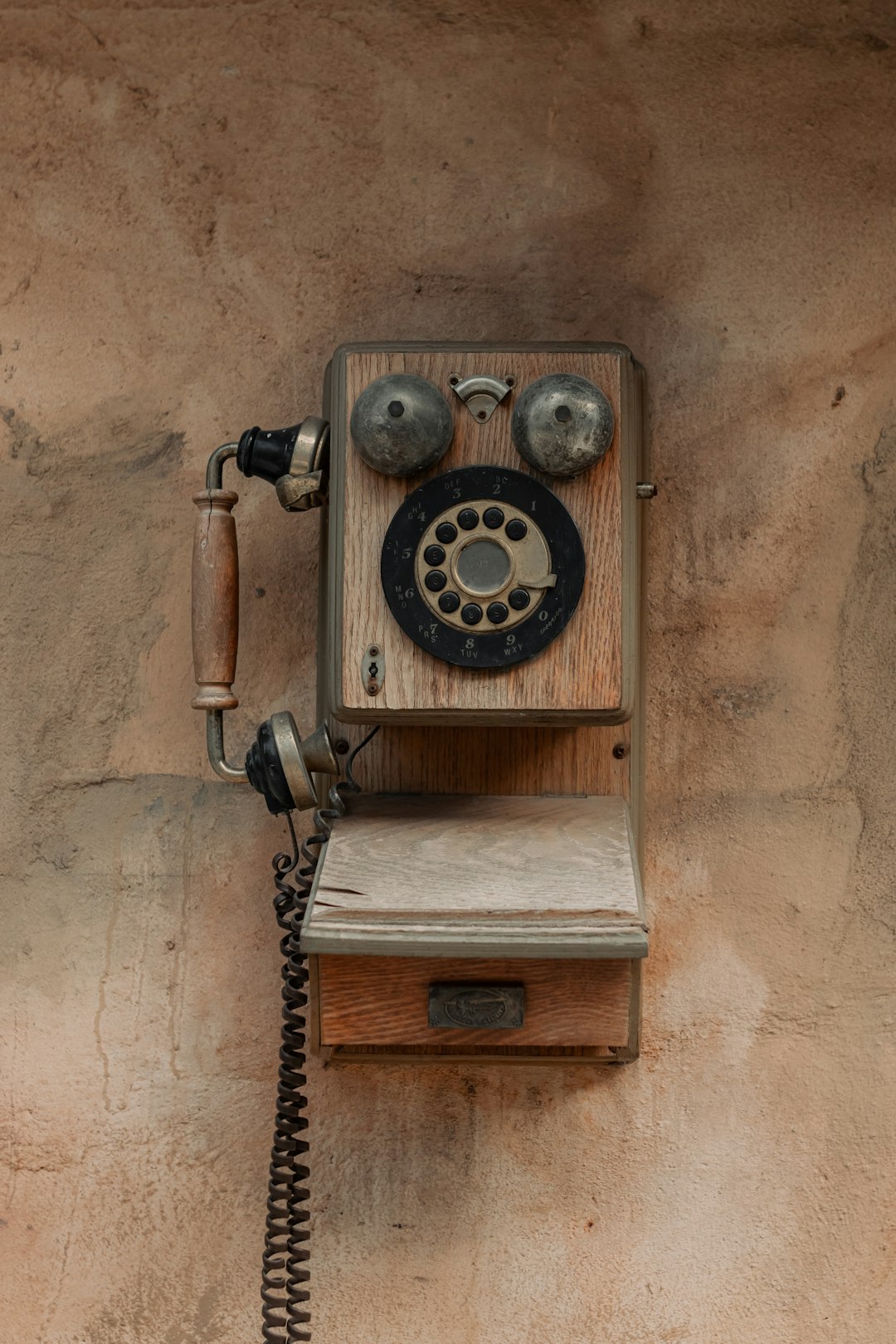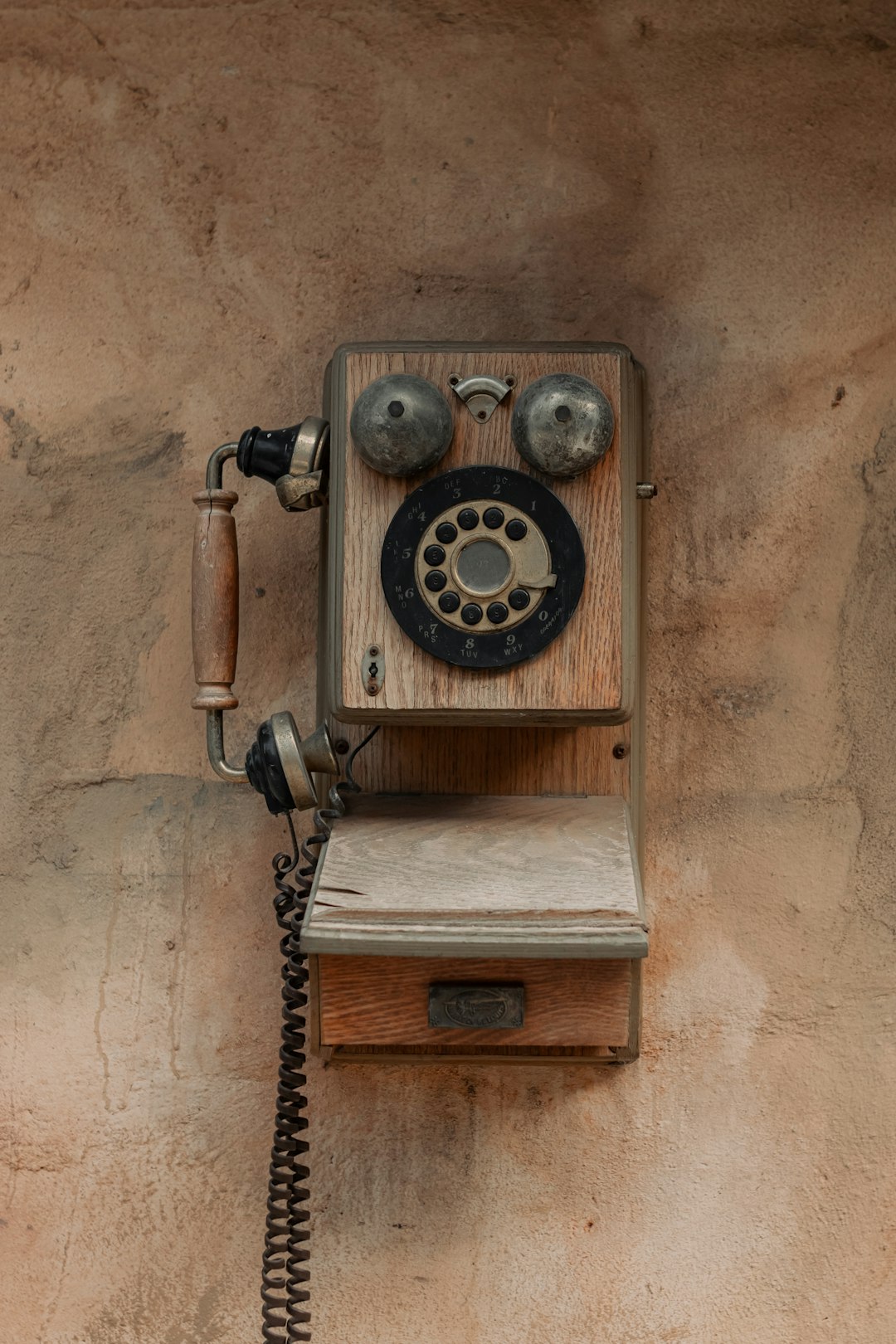In Maine, strict regulations govern autodialing practices to protect consumers from unwanted calls, fraud, and privacy invasion. These rules target autodialer lawyers, mandating explicit consent (including do-not-call lists) for marketing calls. Compliance is vital to avoid legal repercussions, with key aspects including informed consent, opt-out options, and adherence to the Telephone Consumer Protection Act (TCPA). Successful defense strategies in Portland showcase the importance of understanding both technology and legalities, emphasizing best practices for businesses using autodialers while navigating these regulations through specialized autodialer lawyers Maine.
“In the realm of telecommunications, understanding the legal framework surrounding autodialing is paramount, especially in dynamic cities like Portland. This article serves as a comprehensive guide for businesses and autodialer lawyers in Maine, navigating the intricate regulations on autodialing practices. We delve into the definitions, mechanisms, and compliance protocols of these advanced technologies while offering strategic insights from successful case studies. By exploring The Legal Landscape and implementing best practices, organizations can ensure ethical and effective use.”
The Legal Landscape: Maine's Regulations on Autodialing

In Maine, the legal framework surrounding autodialing is as intricate as it is stringent. The state’s regulations are designed to balance the benefits of automated dialing technologies with consumer protection. These rules specifically target autodialer lawyers and their practices to ensure fair and ethical use of such systems. The primary focus lies in preventing unwanted or excessive calls, guarding against fraud, and safeguarding individual privacy rights.
Maine law outlines clear guidelines for businesses employing autodialers, mandating explicit consent from recipients before initiating automated phone calls. This includes do-not-call provisions and robust opt-out mechanisms. Non-compliance can lead to legal repercussions, emphasizing the need for autodialer lawyers in Maine to stay informed and adhere to these regulations.
What is an Autodialer and How Does it Work?

An autodialer, also known as an automatic dialing system or automated call originator, is a technology that uses software to dial phone numbers automatically. It can make hundreds, if not thousands, of calls per minute, allowing businesses to reach a large number of potential customers quickly and efficiently. This technology is commonly used for marketing purposes, such as telemarketing, survey research, and appointment setting.
The process typically involves a database of phone numbers, a script with pre-recorded messages, and software that randomly or sequentially dials these numbers. Once a call is answered, an agent can connect, or the autodialer may play the recorded message and gather any responses through dual-tone multi-frequency (DTMF) technology. In Maine, where autodialing laws are stringent to protect consumers from unwanted calls, such systems must comply with regulations that include obtaining prior express consent from recipients before making automated calls for marketing purposes. This ensures that residents’ privacy is respected, and they have control over the type of calls they receive.
Compliance and Best Practices for Using Autodialers

In the realm of legal communication, compliance is paramount, especially when employing autodialers. These automated systems, while efficient, must adhere to strict regulations, particularly in cities like Portland, Maine, where privacy laws are stringent. Auto-dialer lawyers in Maine emphasize the importance of obtaining proper consent before making automated calls, ensuring clear and transparent communication practices, and respecting individual opt-out requests.
Best practices involve implementing robust do-not-call lists, providing easy opt-in and opt-out mechanisms for recipients, and training staff to handle complaints effectively. Regular audits and updates to autodialer programs are essential to stay compliant with evolving regulations. By prioritizing these measures, businesses in Portland can leverage the benefits of autodialers while maintaining ethical and legal standards.
Case Studies: Successful Defense Strategies in Portland

In Portland, the legal landscape surrounding autodialing has seen several notable case studies where defense strategies have successfully navigated the complex regulations. These cases highlight the importance of understanding both the technological aspects and the legal intricacies involved in autodialer use. One key strategy involves demonstrating compliance with the Telephone Consumer Protection Act (TCPA), which regulates automated calls, by providing detailed records of consumer consent and call protocols.
Autodialer lawyers in Maine have also successfully argued that certain types of automated messages, such as those related to public safety or emergency services, are exempt from strict TCPA provisions. These case studies offer valuable insights for businesses and individuals facing autodialing-related legal issues, emphasizing the need for robust internal policies and a deep understanding of consumer rights and protections.






